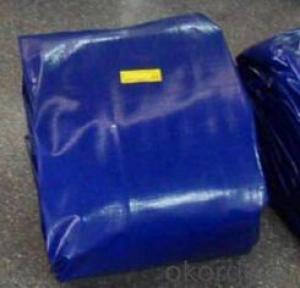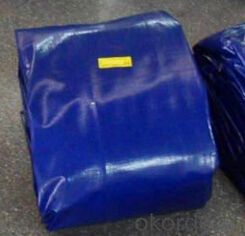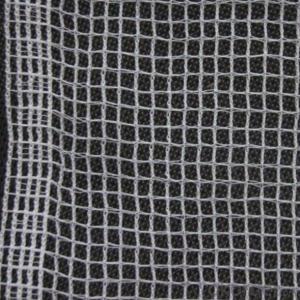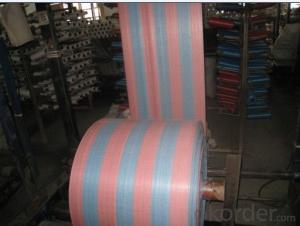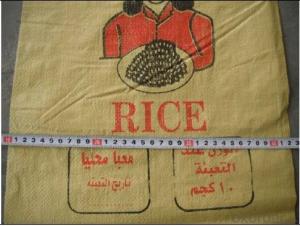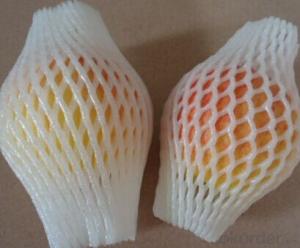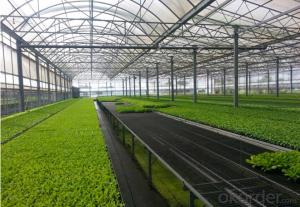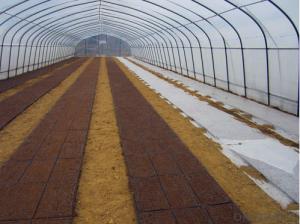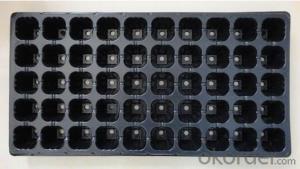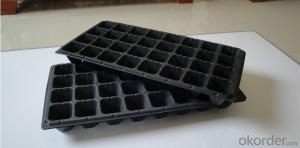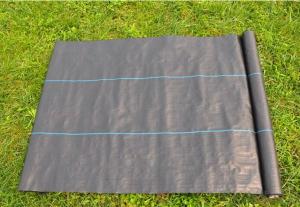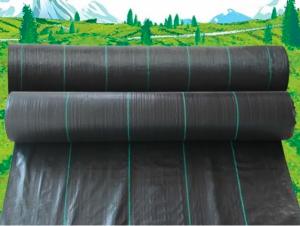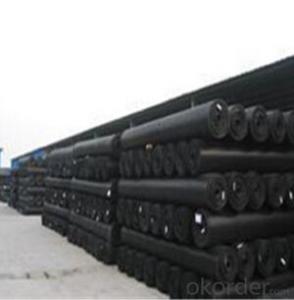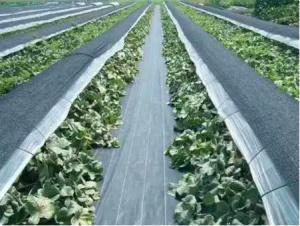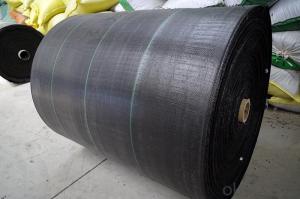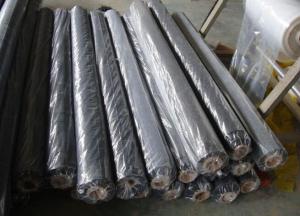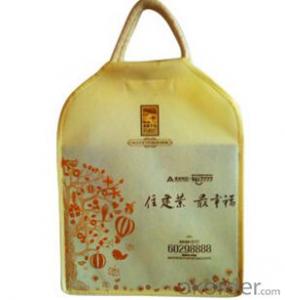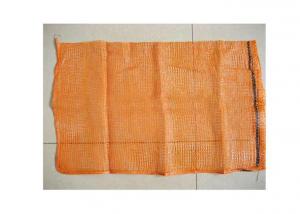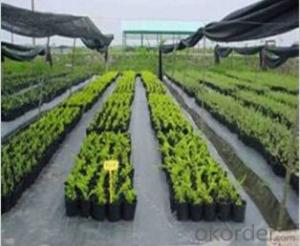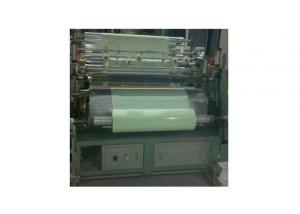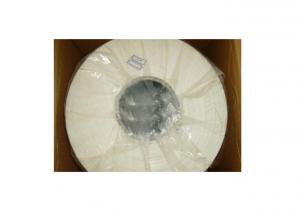pp weed barrier
OKorder Service Pledge
OKorder Financial Service
You Might Also Like
PP rolls
• All of different specifications of PP trapaulin are available
1) Weaving Condition (mesh of weft & warp/sq.inch) : 7x7, 8x8, 10x8, 10x10, 12x12,14x14,16x16.
2) Weight : 55gram/sq.m~ 280gram/sq.m
3) Any color available
• Width : normal - 2M or 72inches (183cm)
maximum 4m width also available
• Color : Any color available
• UV,FR Treatment available
Application :
1) Silt Fence:
- Water-run off and sediment control
2) Weed Control Mat :
- Inhibits weed growth
- Allow soil to breath/Water to permeate
3) Other application (Ground cover/ Geotextile sheet etc.) of PP woven fabric also available
Roll Size :
- Width : 0.91m(3feet), 1,82m (6feet) Maximum 4.5m (14.76feet)
- Length : 10m,50m,100m
- Various roll size available according to customer’s request
Packing : Export standard roll packing with paper core
Our products have been exported to all over the world. We have been committed to providing customers with quality products and good service, we sincerely hope that we can have a long-term cooperation with you.
- Q: How do agricultural plastic products help in improving crop pollination?
- Agricultural plastic products, such as mulch films and tunnel covers, help in improving crop pollination by creating a controlled environment that enhances the activity of pollinators. These products provide a physical barrier that protects the crops from adverse weather conditions and pests, while also retaining heat and moisture. This controlled environment, along with the protection offered by the plastics, promotes the growth of pollinators and encourages their activity, resulting in increased pollination rates and ultimately leading to better crop yields.
- Q: This question asks about the methods used by farmers to handle and dispose of old seedling nursery bags that are made from agricultural plastic films.
- <p>Farmers typically dispose of old seedling nursery bags made of agricultural plastic films through recycling, composting, or disposal in designated waste facilities. Recycling is a common practice where the plastic is collected and processed into new products. Composting is less common for these materials due to their non-biodegradable nature, but some farmers may use them as a soil cover in certain conditions. Proper disposal involves collecting the bags and taking them to facilities that handle agricultural waste, ensuring they do not contribute to environmental pollution. It's important for farmers to follow local regulations regarding the disposal of agricultural plastics to minimize environmental impact.</p>
- Q: i want to know about Plastic Injectionwhich i got from http://www.okorder so please help me.
- Hey JF, Plastic injection is used when you want to create an item from plastic in a certain shape, time after time. Lets say you want to create a red bucket. You create a mold for that bucket. You will melt the plastic with red color beads and pump (inject) it into that mold. you spray the mold with cold water and open it up and you have your bucket (after trimming off the excess). If you look at any bottle you have at home you'll probably see the seam running around the outside from the mold.
- Q: How long do plastic bottles take to start disintegrating? Also any facts about what they do to the environment, and the habitat for us and other living creatures. Thank you.
- Plastic doesn't biodegrade it just breaks down into smaller parts. If it goes into a landfill it will be there hundreds of years from now. If it becomes litter the sunlight will help it break down and will likely be ingested by an animal which would be fatal. Recycling is the best option, but plastic processing is very toxic and creates a lot of pollution. It is best to avoid them as much as possible.
- Q: what are plastics used for?
- Plastic objects can be mass-produced and are usually less expensive than other materials such as metals. Plastics consist of linkages of relatively long chains of molecules and often remain flexible. Plastics can be used as thin films for coatings or wraps. Plastics can resist heat and cold within useful limits and may be used to package foods although that may require special plastics that will not leech out harmful substances. Plastics can be used to fabricate credit cards (nicknamed 'plastic' money).
- Q: This question asks about the various techniques used to recycle plastic materials that are used in agriculture.
- <p>There are several recycling methods for agricultural plastic products, including mechanical recycling, chemical recycling, and thermal recycling. Mechanical recycling involves shredding and reprocessing the plastic into new products. Chemical recycling breaks down the plastic into its original monomers, which can then be used to create new plastic. Thermal recycling, or energy recovery, involves incinerating the plastic to generate energy. Additionally, composting of biodegradable plastics is another method, where the plastic breaks down into compost over time. Each method has its advantages and limitations, and the choice of method often depends on the type of plastic and the goals of the recycling process.</p>
- Q: What types of plastic bags are used for flower packaging?
- Florists typically use cellophane bags or polypropylene bags for flower packaging. Cellophane bags are transparent and enhance the visual appeal of the flowers, while polypropylene bags offer better moisture resistance and durability.
- Q: Are there nursery trays with built-in heating elements?
- Yes, there are nursery trays available in the market that come with built-in heating elements. These trays are specifically designed to provide controlled and consistent heat to promote seed germination and plant growth in a nursery setting.
- Q: Say that we replaced plastic and paper bags witht the new, eco-friendly bags.... what would we do with the paper and plastic??
- complicated subject. search on a search engine. it can help!
- Q: This question asks if farmers can utilize agricultural plastics to enhance the soil's quality and fertility.
- <p>Yes, farmers can use agricultural plastics to improve soil quality and fertility. Plastic mulches can help retain soil moisture, suppress weeds, and regulate soil temperature, which can lead to increased crop yields. They can also reduce soil erosion and improve soil structure by protecting the soil from direct impact of raindrops. However, it's important to manage the use of plastics responsibly to avoid environmental issues such as plastic pollution and to ensure that the benefits to soil health are sustainable in the long term.</p>
Send your message to us
pp weed barrier
OKorder Service Pledge
OKorder Financial Service
Similar products
Hot products
Hot Searches
Related keywords
